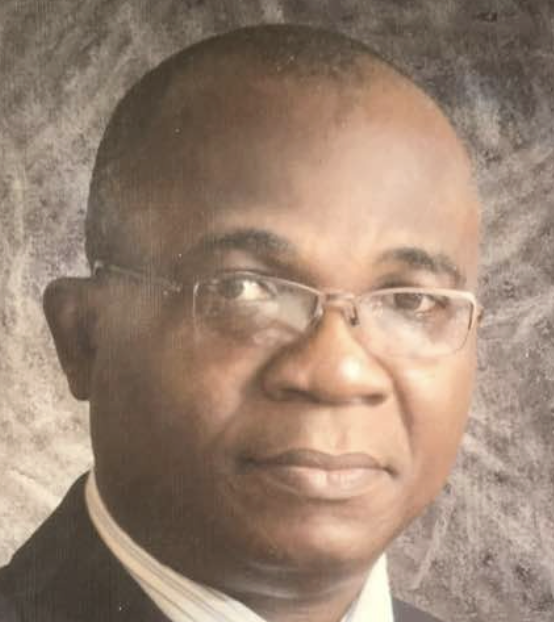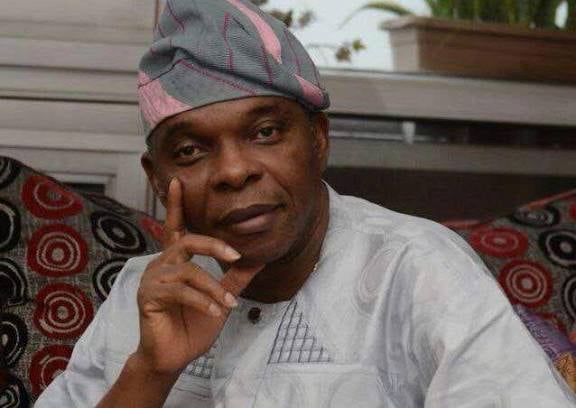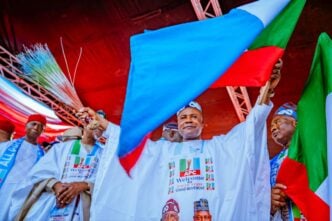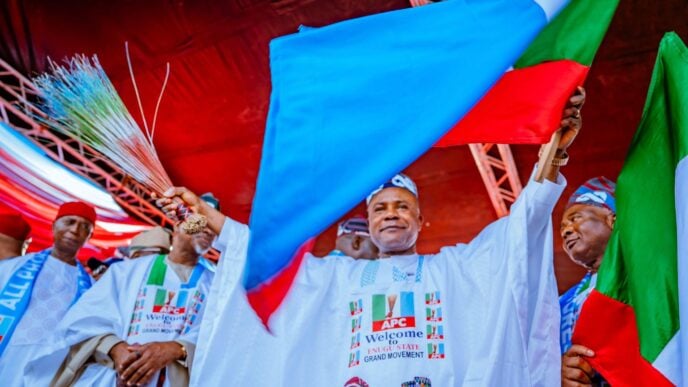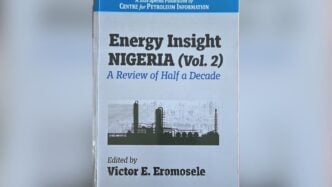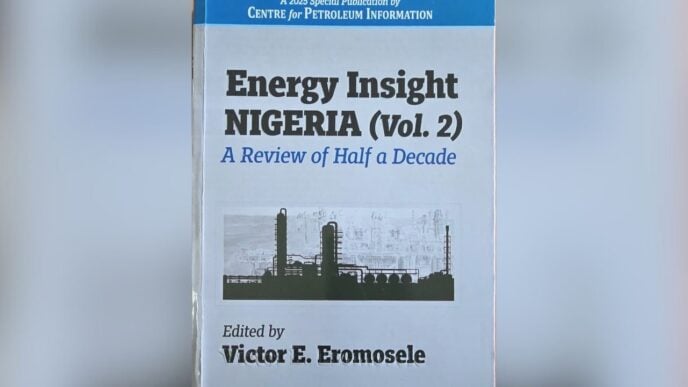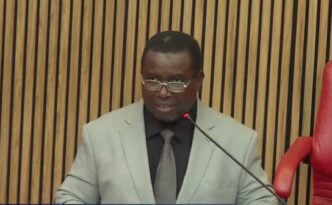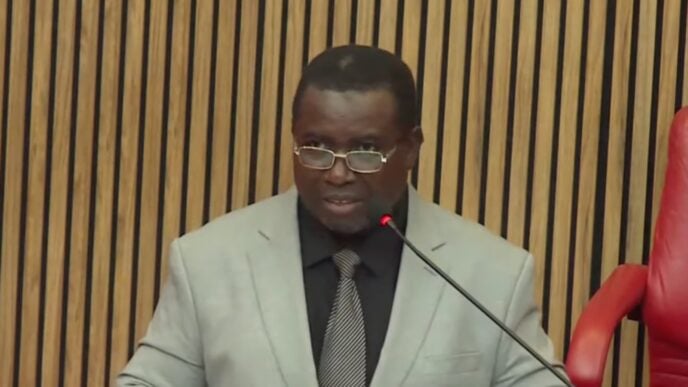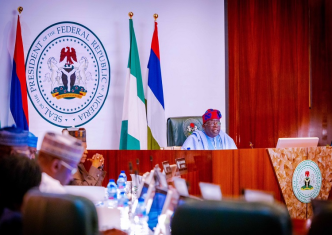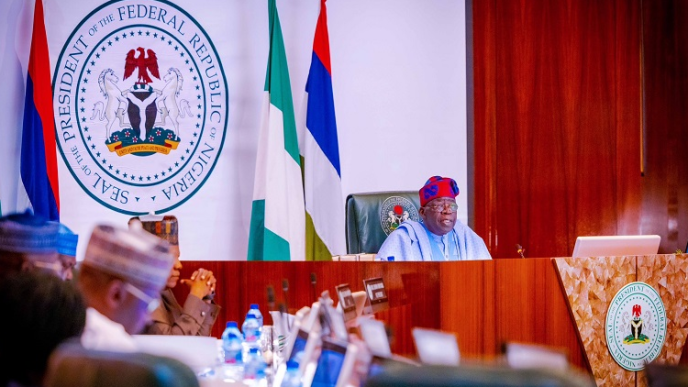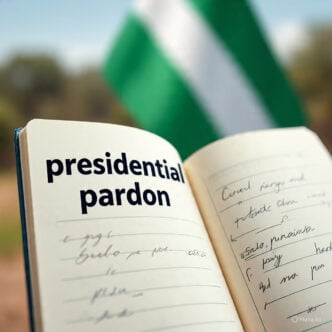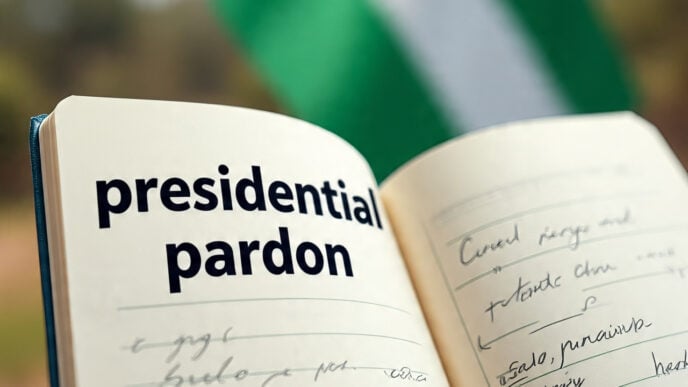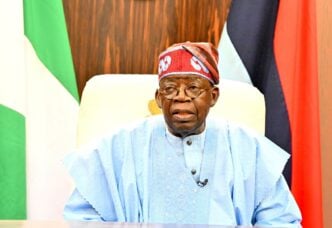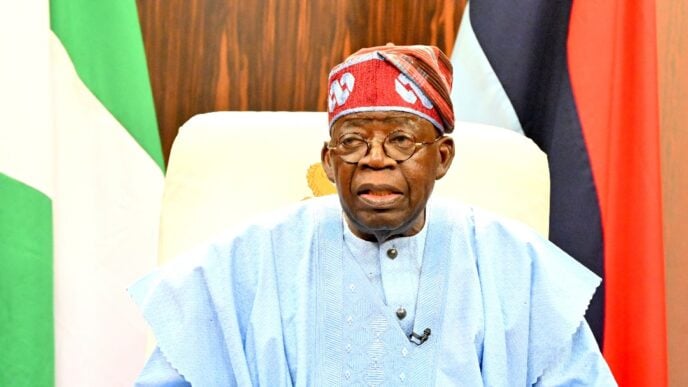When Muyiwa Adetiba published his column “A Tale of Two Gentlemen,” he offered more than a story of two men; he offered a mirror to the nation’s divided temperament. Two compatriots of shared background and brilliance, one being Adebayo Ogunlesi, the global investor who now calls Nigeria “an exciting place to invest,” and the other, a disillusioned friend who has turned away from faith in leadership, stand as symbols of our collective dilemma. Mr Adetiba’s message was clear and heartfelt: choose optimism over bitterness, faith over frustration, and resist the temptation to “de-market” our country.
It is an appeal I respect and, in spirit, share. I too long for a Nigeria that rekindles faith and rewards belief. Yet, as I read the piece, another question formed in my mind: is optimism itself enough? Can patriotism be sustained by sentiment alone, or must it rest upon the scaffolding of justice, structure, and evidence? The question before us is not simply whether we should believe, but what we are asked to believe in.
Personal stories such as Adetiba’s are powerful because they bring human warmth to national debates. But stories, however moving, do not build nations; systems do. Between 2015 and 2023, World Bank data show that Nigeria’s per-capita income declined by almost eight percent even as the number of high-net-worth individuals grew. Wealth accumulated while poverty deepened. The success of a few cannot substitute for the transformation of the many. A society’s greatness cannot be inferred from the fortunes of its exceptional sons and daughters; it must be read in the dignity of ordinary citizens, the teacher in Enugu, the farmer in Nasarawa, the entrepreneur in Aba, whose lives are the truest index of progress.
To celebrate individual triumph without confronting the structural decay beneath it is to mistake motion for movement. The challenge before us is larger than one investor’s confidence; it is the task of rebuilding the foundations on which every Nigerian can stand.
Advertisement
Mr Adetiba warns, rightly, against those who speak ill of the nation. Cynicism corrodes the spirit of any people. But patriotism is not silence, and criticism is not betrayal. In every thriving democracy, dissent is the discipline of hope, the act of insisting that the nation live up to its promise. John F. Kennedy’s famous injunction, “Ask not what your country can do for you, but what you can do for your country,” was never an invitation to blind loyalty. It was a covenant of mutual responsibility, grounded in trust that the state would protect rights and reward honest effort. Patriotism, in this sense, is a partnership between citizen and country. When institutions fail and accountability collapses, that partnership withers.
Nigeria’s difficulty is not that its people lack optimism; it is that our structures too often betray the optimistic. Manufacturing now contributes less than eight percent of GDP, down from twelve percent a decade ago. Youth unemployment hovers above forty percent, while inflation erodes the value of every honest day’s work. These numbers are not abstractions. They describe the quiet fatigue of millions who believe in their country yet struggle to see that belief reciprocated. To tell them simply to hope without reform is to demand faith without foundation.
No nation has ever developed by rhetoric alone. The countries we admire, such as South Korea, Singapore, and Indonesia, did not preach optimism; they built systems that made optimism logical. They strengthened governance, disciplined their bureaucracy, modernised infrastructure, and rewarded integrity. Hope became policy, not poetry. For Nigeria to follow that path, we must invest not only in power and production but also in the invisible institutions of fairness, efficiency, and rule of law.
Advertisement
Leadership, as Adetiba reminds us, is temporary; nations are permanent. Yet permanence is meaningful only when it rests on justice. The test of leadership is not how many billionaires emerge under its watch but how many ordinary citizens rise from hardship to security. Many of those who now criticise the state are not enemies of progress but patriots worn thin by unfulfilled promises. Their anger is not treachery; it is disappointment. A wise nation listens to such voices rather than silencing them.
The same logic applies to our diaspora and investors. Nigerians abroad remitted over twenty billion dollars in 2023, a gesture of faith greater than any speech. But faith alone cannot overcome uncertainty. Investment grows not in excitement but in stability. If we wish our finest minds and global investors to commit to Nigeria, we must offer what every rational investor seeks: predictable rules, reliable power, enforceable contracts, and a bureaucracy that facilitates rather than frustrates.
True national greatness, as Adam Smith reminded us, cannot exist where the majority remain poor and miserable. The wealth of a few may glitter, but it cannot illuminate the darkness of inequality. Our goal must be to build a moral economy, one where effort is rewarded, justice is impartial, and dignity is a right, not a privilege. When a teacher can live on her salary, when a young entrepreneur can build without bribery, when a farmer can move goods safely from field to market, the story of greatness will write itself.
This is the structural patriotism Nigeria needs, a patriotism measured not by slogans but by systems. We must reform governance so that corruption becomes costly, not convenient; reform the judiciary so that justice is swift and certain; expand energy access so that our industries no longer live by generator; and invest in skills that prepare our youth for a world driven by innovation.
Advertisement
Imagine a Nigeria where public schools rival the best in Africa, where a power grid never flickers, where investors speak of clarity rather than chaos, and where a citizen’s word is as secure as a contract. That vision is not utopian; it is the baseline of what a serious nation must build. Only then will optimism cease to be an act of faith and become a rational expectation.
Every generation must choose between opportunism and greatness. Opportunism feeds on proximity to power; greatness builds systems that outlast it. For too long, our politics has rewarded the opportunist over the architect. If Nigeria is to rise, it must do the opposite, celebrating the builders of institutions rather than the beneficiaries of access.
Mr Adetiba’s essay deserves gratitude for sparking this dialogue. He is right that cynicism is not a strategy. But optimism, too, must mature. Hope without reform is indulgence, and faith without justice is fragile. The greatness of a nation lies not in how many become wealthy, but in how many can live with dignity.
The true measure of patriotism is not uncritical praise nor endless complaint, but the shared resolve to make one’s country worthy of its people and its people proud of their country. When that covenant is finally restored, optimism will no longer be a plea. It will simply be the natural condition of a nation at peace with its own potential.
Advertisement
Rear Admiral Ati-John (Rtd) writes from Lagos.
Advertisement
Views expressed by contributors are strictly personal and not of TheCable.
